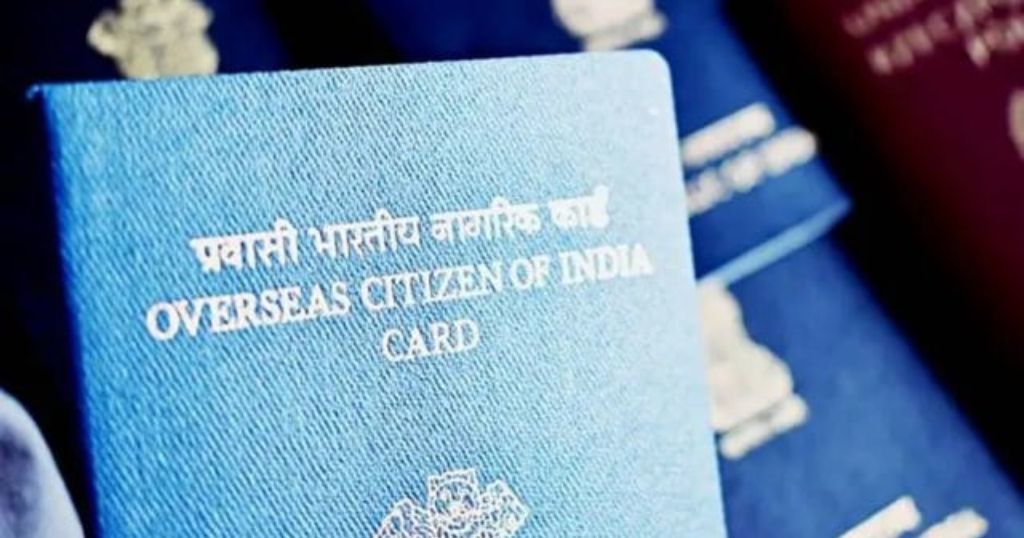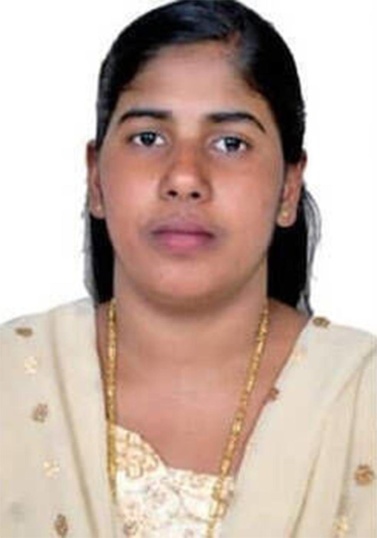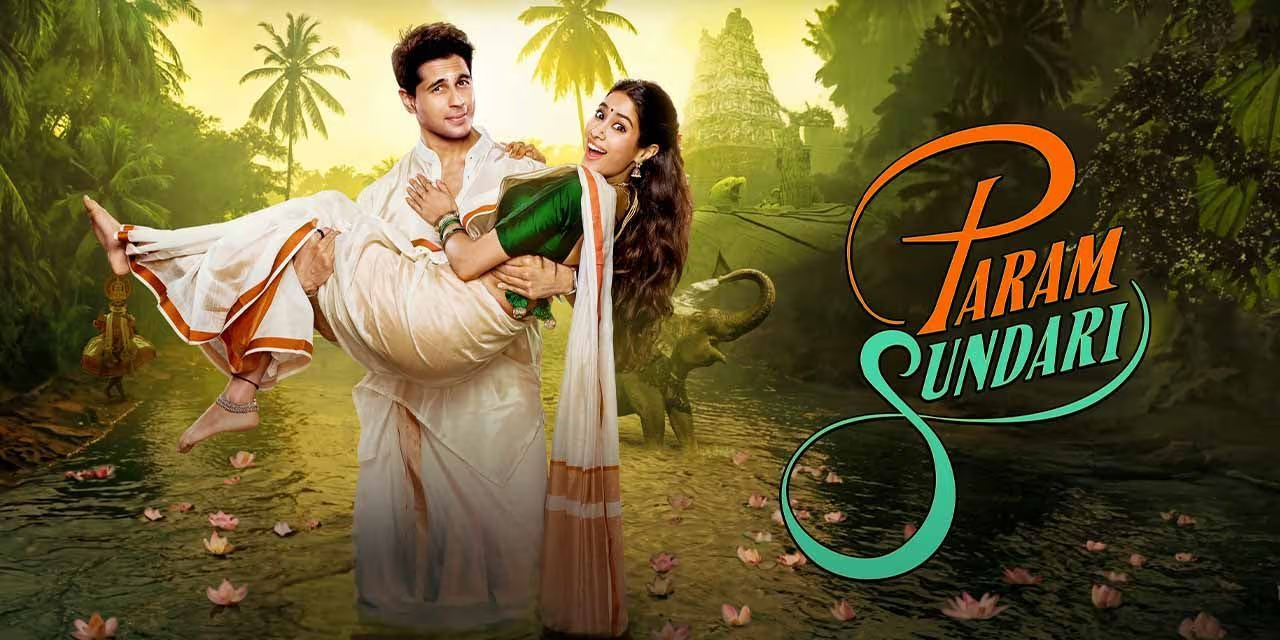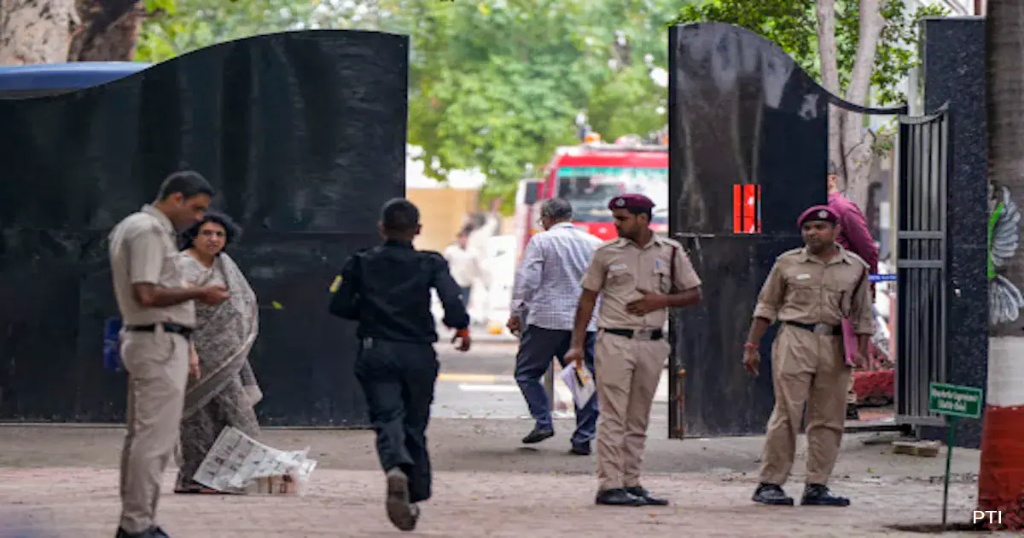Centre to HC: Grant Citizenship to OCI Cardholders’ Daughters as One-Time Relief, Avoid Setting Precedent

Centre to HC: After a single judge of the Delhi High Court ordered the Centre to grant Indian citizenship to a 17-year-old girl who born in India to Indian-origin parents holding US citizenship with the Ministry of Home Affairs (MHA) has raised concerns.
Represented by the government lawyer Abhigyan Siddhant, the MHA told a division of bench led by Chief Justice D K Upadhyaya and Justice Tushar Rao Gedela that the earlier May 15, 2024, ruling should be treated as a one-time decision and not set a precedent for other similar cases.
The MHA argued that the single-judge’s comments on the terms like “illegal immigrant” and “person of Indian-origin” could lead to many others seeking citizenship, which might have weaken the rules under the Citizenship Act, 1955.
The 2024 High Court ruling was in the case of Rachita Francis Xavier, who was born in 2006 in Nidamanuru, Andhra Pradesh. Her parents were originally with the Indian citizens but later became US citizens in 2001 and 2005.
In 2019, when Rachita applied for an Indian passport to pursue higher studies abroad, her application was rejected. Authorities said she could not be treated as an Indian citizen, which left her in a stateless position which she had no citizenship in India or the US.
Rachita then challenged the decision in the Delhi High Court, which eventually ruled in her favour.
MHA: Rachita Not a Person of Indian Origin, Considered Illegal Migrant
Centre to HC: The Ministry of Home Affairs (MHA) told the High Court that, according to Indian citizenship laws, Rachita cannot be seen as a “person of Indian origin”. Instead, she should be treated as an “illegal migrant” under Section 2(1)(b) of the Citizenship Act, 1955.
The reason which given was that Rachita did not have a valid passport, visa, or any official travel document to legally stay in India.
At the time of her birth, her parents were living in India and held Overseas Citizen of India (OCI) cards, and Rachita had lived in India her entire life.
In its May 15, 2024, judgment, the single-judge bench said that Rachita’s case was unique, and she should not be considered an illegal migrant. The court ruled that she does qualify as a person of Indian origin and ordered that she be granted Indian citizenship.
The judge also noted that Rachita had been left stateless, which affected her basic rights and human rights due to the lack of any citizenship or political identity.
Following the court’s order, Rachita was officially granted Indian citizenship on July 31, 2024.
MHA Challenges HC’s Interpretation of ‘Illegal Migrant’ in Rachita’s Case
The Ministry of Home Affairs (MHA) has also appealed against parts of the Delhi High Court’s May 2024 order. While the MHA is not opposing the decision to grant Indian citizenship to Rachita, it has challenged the judge’s view that she is not an “illegal migrant” and should be considered a “person of Indian origin.”
The MHA said that this declaration goes against the law, particularly the Citizenship Act, 1955.
According to the MHA, the judge wrongly concluded that Rachita’s status as someone born in India and never having left the country makes the definition of “illegal migrant” inapplicable to her.
The ministry which argues that Section 2(1)(b) of the Act clearly states that even a child born in India without valid travel documents can be classified as an illegal migrant.
The Ministry of Home Affairs (MHA) has also requested the court to take a “harmonious” view of both the Citizenship Act and the Foreigners Act, 1946. It said that these laws, when read together, already cover all types of foreign nationals, including children born in India to foreign parents.
The MHA was also pointed out that the law allows visa services for such children within 90 days of birth, so there are already legal processes in place for their stay in India.
MHA Disagrees with HC’s View on ‘Indian Origin’ in Rachita Case

Says child can’t be called person of Indian origin just because her mother was born in independent India
The Ministry of Home Affairs (MHA) told the Delhi High Court that the single judge made a mistake by declaring Rachita a “person of Indian origin” just because her mother was born in India after 1947.
Citing Section 5 of the Citizenship Act, the MHA said a person can only be called of Indian origin if they—or one of their parents—were born in undivided India (as defined in the Government of India Act, 1935) or in a region that became part of India after 15 August 1947 (like Sikkim).
The MHA argued that anyone born in India after 1947 is already considered Indian by birth, and their children don’t fall under the category of “person of Indian origin”.
“If we interpret the law this way,” the MHA warned,
“then even someone born in Pakistan or Bangladesh after 1947 could claim Indian origin, which was never the lawmakers’ intention and could have serious consequences.”
The High Court has scheduled the case for further hearing on October 15.
Also Read: India’s Golden Hope: 5 Athletes to Watch Out for at the 2026 Commonwealth Games




